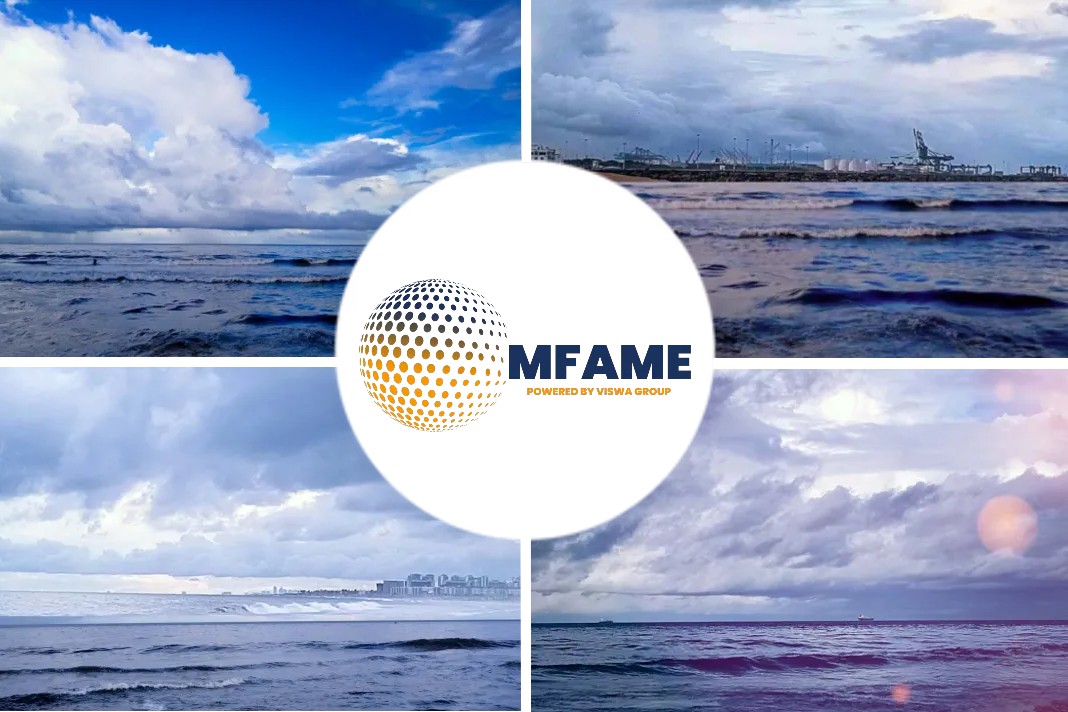Lloyd’s Register’s (LR) Maritime Performance Services (MPS) business published a report on the state of digital transformation through artificial intelligence and machine learning in the maritime industry, reports Safety4Sea.
AI in maritime
‘Artificial Intelligence in Maritime – a learning curve’, produced in collaboration with maritime innovation consultancy Thetius, highlights the potential of this critical technology for giving maritime companies a performance edge.
The research indicates that the maritime industry will spend $931 million this year on artificial intelligence solutions. This is forecast to more than double in the next five years to $2.7 billion as AI technology is more readily used in autonomous shipping, navigational support systems, and vessel performance optimisation solutions.
This rapid growth is driven in part by investment into the sector. In the last 12 months, $331 million USD has been invested in startups and SMEs developing AI solutions for the maritime sector, with a further $43 million in grant funding being awarded to develop the technology for the maritime sector around the world.
In addition, the use cases for AI in the maritime industry are wide ranging. They include supporting the operation of vessels through systems that can support autonomous navigation or voyage optimisation.
They also include systems that can support the maintenance and monitoring of vessels including equipment health management, working alongside and supporting remote engineers, supporting safety data analysis, and the virtual commissioning of systems and equipment.
Moreover, the report notes that ship operators who want to adopt artificial intelligence systems need to understand that the core premise that this technology is built on top of is learning from failure.
‘Readiness Assessment’ tool
In addition to the report, LR also launched its interactive ‘Readiness Assessment’ tool to help maritime stakeholders evaluate their ability to manage the significant sustainability challenges facing the maritime industry by scoring their activities around the energy transition, digital transformation, efficiency and performance, cost saving, risk mitigation as well as their ability to make smart business decisions.
Did you subscribe to our daily Newsletter?
It’s Free! Click here to Subscribe
Source: Safety4Sea
















![[Watch] Crazy Power Needed to Move World’s Largest Containerships](https://mfame.guru/wp-content/uploads/2023/11/mfame-tanker-100x70.jpg)

